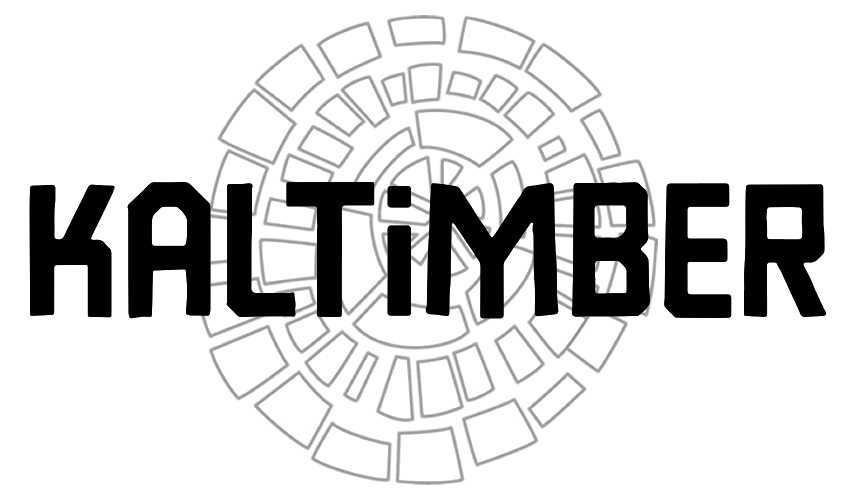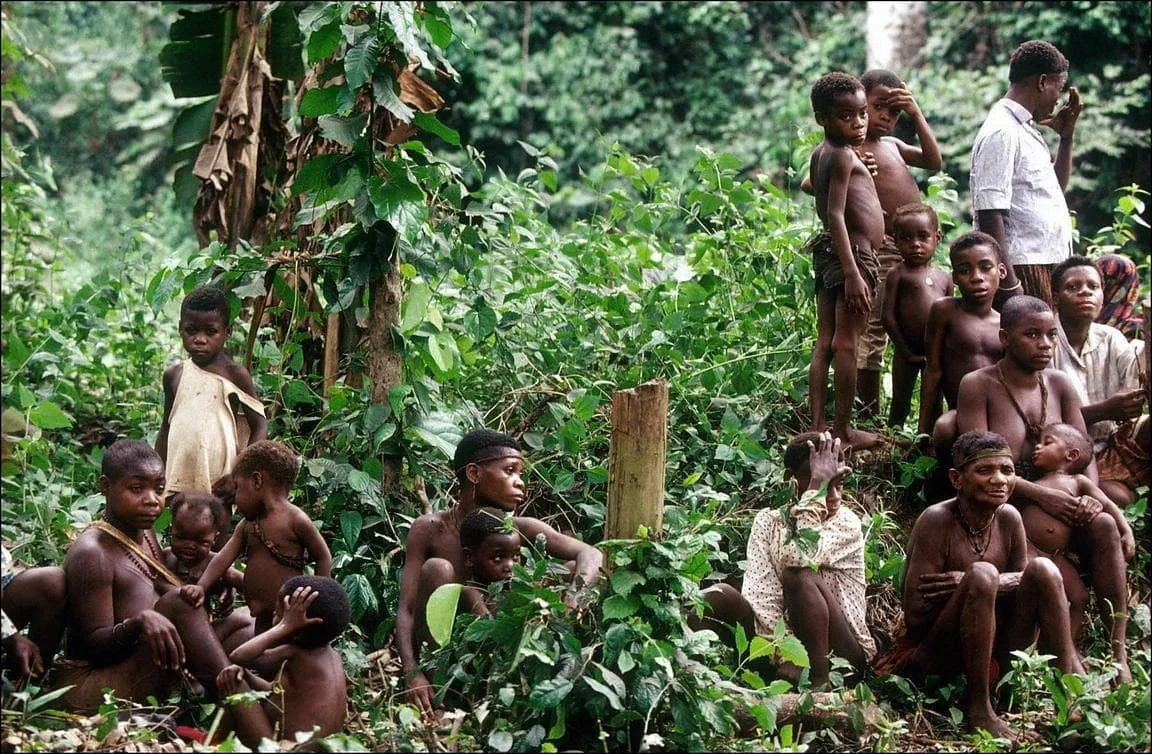The “pygmy” people of the Rainforests are traditionally regarded as hunter-gatherers and most of them settle in the vast rainforest area of South Africa. The term “pygmy” has obtain a not-so-good connotations, but has been reclaimed by several indigenous community as a term of identity.
Basically, these groups of people regarded themselves as “forest peoples” because of the basic essentiality of the forest to their livelihood, history, and culture. Each is a distinct individual, like the Aka, Twa, Mbuti and Baka living in countries which traverses Central Africa such as the Central African Republic (“CAR”), Rwanda, Cameroon, Uganda and the Democratic Republic of Congo (“DRC”).
Several groups have distinct hunting traditions and languages. Although each group faces several challenges and threats, logging, conservation, and racism are the main dilemmas for a lot, all contributing to violent abuse and serious health problems. Present estimate of the pygmy’s population runs to about five hundred thousand.
LIVING THE FOREST LIFE: A nucleus to the pygmy’s identity it their intimate link to the forest lands that they have worshipped, protected and lived for generations through generations. Jengi, the forest spirit, is considered to be one of the few words common to a lot of the broad languages spoken by the pygmy communities. The significance of rainforest as their physical and spiritual abode, and as the source of their belief, medicine, livelihood and cultural share cannot be overstated.
Basically, small communities move frequently on several forest zones, gathering a wide range of forest kits, obtaining wild honey and trading products with several settled communities. Hunting strategies vary among the pygmy communities, and comprise bows and arrows, spears and nets and the like. But a lot of communities have been displaced by conservation projects and their remaining lands have been demoralized by extreme logging, commercial activities like bush-meat trading, and farmers’ expansion. This way of living is threatened by the loss of access to soil because of the privatization of land and by the rising availability of plastic items.
Majority of the land traditionally settled in by pygmy communities is rich in minerals and timber. There is a race between the conversationalists and the loggers to lay claim to the remaining forests. The needs and rights of the pygmies have been taken for granted in the scramble for the Central African forests.
Another example is in Congo, where multinational logging companies hurried in at the initial signs of peace to extract valuable timber. Local communities are often tricked into parting with their rights to the forest, which leads to the loss of their cultural heritage, the source of their income, their food security in exchange for a pinch of salt or sugar.
That is why nowadays, some groups outside of their realm are trying to help preserve their cultural heritage by helping them fight for their rights. Verily, pygmies are considered to be the soul of the rainforest. They are part and parcel of the land, just like timber and other minerals. Rainforests will die naturally if these pygmy communities will be wiped out.
Photo by Sacha Styles on Unsplash


